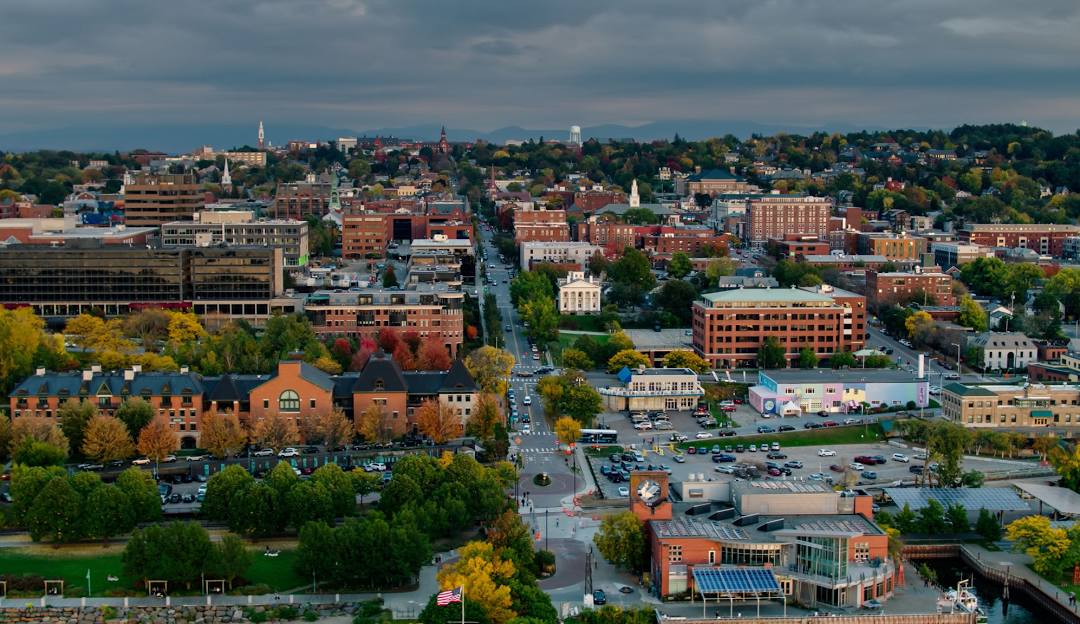“`html
Homeowners Insurance in Vermont: Essential Guide
Understanding Homeowners Insurance
Homeowners insurance is a vital policy that provides financial protection for homeowners against various risks, such as damage to the property and liability for injuries occurring on their premises. In Vermont, where unique weather patterns and rural living present specific challenges, having adequate homeowners insurance is imperative for safeguarding your investment.
Why Homeowners Insurance is Necessary in Vermont
In Vermont, the unpredictable climate, including heavy snowfall in winter and occasional flooding, necessitates comprehensive insurance coverage. Homeowners insurance can help cover repairs or replacements required due to these natural events, ensuring that you are not left financially vulnerable.
Key Benefits of Homeowners Insurance
Homeowners insurance offers several essential benefits that are particularly relevant to Vermont residents:
- Property Coverage: Protects your home and personal belongings against risks such as fire, theft, and weather-related damages.
- Liability Protection: Provides coverage if someone gets injured on your property, helping cover legal costs and compensation claims.
- Additional Living Expenses: Covers costs for temporary housing and living expenses if your home becomes uninhabitable due to an insured event.
- Property Replacement Cost: Most policies in Vermont offer replacement cost coverage, ensuring you can rebuild your home to its original state without a depreciation deduction.
Specific State Regulations in Vermont
Vermont has specific regulations and recommendations regarding homeowners insurance:
- No State Mandate: Unlike auto insurance, homeowners insurance is not legally required in Vermont. However, most mortgage lenders will require it.
- Coverage for Natural Disasters: Vermont residents should consider policies that include coverage for common natural disasters such as flooding and snow damage.
- Wind and Hail Coverage: Homeowners in some areas should ensure their policies include wind and hail coverage, as these can be significant risk factors.
Popular Types of Homeowners Insurance Policies
In Vermont, several standard types of homeowners insurance policies are available. The most common include:
HO-1: Basic Form
This is a very basic policy that covers only specific perils like fire, theft, and certain natural disasters. Due to its limited coverage, it’s less popular.
HO-2: Broad Form
A more comprehensive option, the HO-2 covers more perils than the HO-1, including additional risks. This is an excellent choice for many Vermont homeowners.
HO-3: Special Form
This is the most common policy and offers coverage on an open-peril basis for the home structure while providing named-peril coverage for personal belongings.
Top Homeowners Insurance Providers in Vermont
When searching for homeowners insurance in Vermont, it’s essential to consider reputable providers known for their customer service, coverage options, and price competitiveness. Here are some of the top providers in the state:
State Farm
State Farm is renowned for its customizable homeowners insurance policies and solid customer service. They offer various discounts and a user-friendly digital experience.
Allstate
Allstate provides extensive coverage options, including unique add-ons tailored for Vermonters, such as identity theft restoration and eco-friendly home repairs.
Farmers Insurance
Known for its comprehensive coverage and personal service, Farmers Insurance allows policyholders to bundle home and auto policies for added savings.
Chubb Insurance
Chubb caters to high-net-worth individuals and offers premium homeowners insurance with extensive coverage that includes art collections and luxury items.
Factors Affecting Homeowners Insurance Premiums in Vermont
Several factors can influence the cost of homeowners insurance premiums in Vermont:
- Location: Areas prone to natural disasters may have higher premiums.
- Home Age and Condition: Older homes or those in poor condition can lead to higher rates.
- Deductible Amount: Choosing a higher deductible can lower your premium.
- Credit Score: Insurers often consider credit history as a factor in determining rates.
Conclusion
Homeowners insurance is a critical safety net for Vermont residents. Offering key benefits such as property protection, liability safeguards, and provisions for additional living expenses, it’s crucial for maintaining peace of mind. By understanding state regulations, exploring various policy types, and comparing top insurance providers, homeowners can secure the coverage that best meets their needs. Whether you live in Burlington or a smaller town, investing in the right homeowners insurance policy can protect your property against the unpredictable challenges of nature.
“`
